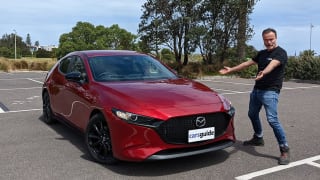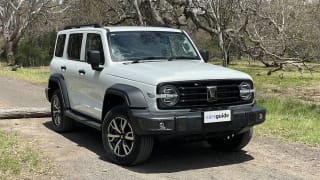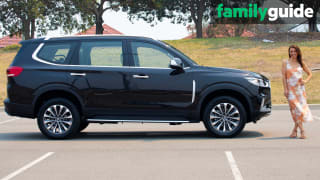
Is it illegal to drive without a shirt?

Well the answer is yes and no, as it comes down to whether or not the laws around obscene exposure view your shirtless body as sexual - and therefore potentially indecent - or not.
No road safety laws prevent you from driving without a shirt on, but you might not want to risk freeing the nipple if you’ve got breasts, as being topless in full view of others (maybe through an un-tinted window or windscreen), could get you pulled over for obscene exposure. That’s not to say that men shouldn’t be covering up too - we don’t have the stats on how many abs cause accidents but we always advise being a cautious and responsible driver - but all in all, driving shirtless is much more risky business for the ladies.
Laws on obscene exposure differ slightly across the different states and territories of Australia but according to FindLaw Australia, obscene exposure is illegal in all jurisdictions.
Having said that, these are laws that can change in application as there’s some interpretation required in what is considered decent and indecent in society at the time of conviction; so as attitudes towards female toplessness change, the application of this law could vary. Regardless, one specific facet of obscene exposure laws to take note of, is that intent must be proven for a conviction to take place. As Armstrong Legal advises, if you can prove that you were exposing your person for a reason other than intent to expose yourself indecently, for example, due to necessity or duress, the law will not seek to punish you.
We couldn’t find any clear information on how driving without a shirt on could affect your insurance but, although you should always consult your insurance agreement for the most accurate information, we’d suggest that driving shirtless shouldn’t get you into too much trouble. But whether your six pack is distracting, your beer gut is offensive or your curves are alarming, we’d recommend that for everyone’s sake, you consider chucking on a shirt before getting on the road.
This article is not intended as legal advice. You should check with your local road authority to verify the information written here is suitable to your situation before driving in this manner.










Comments